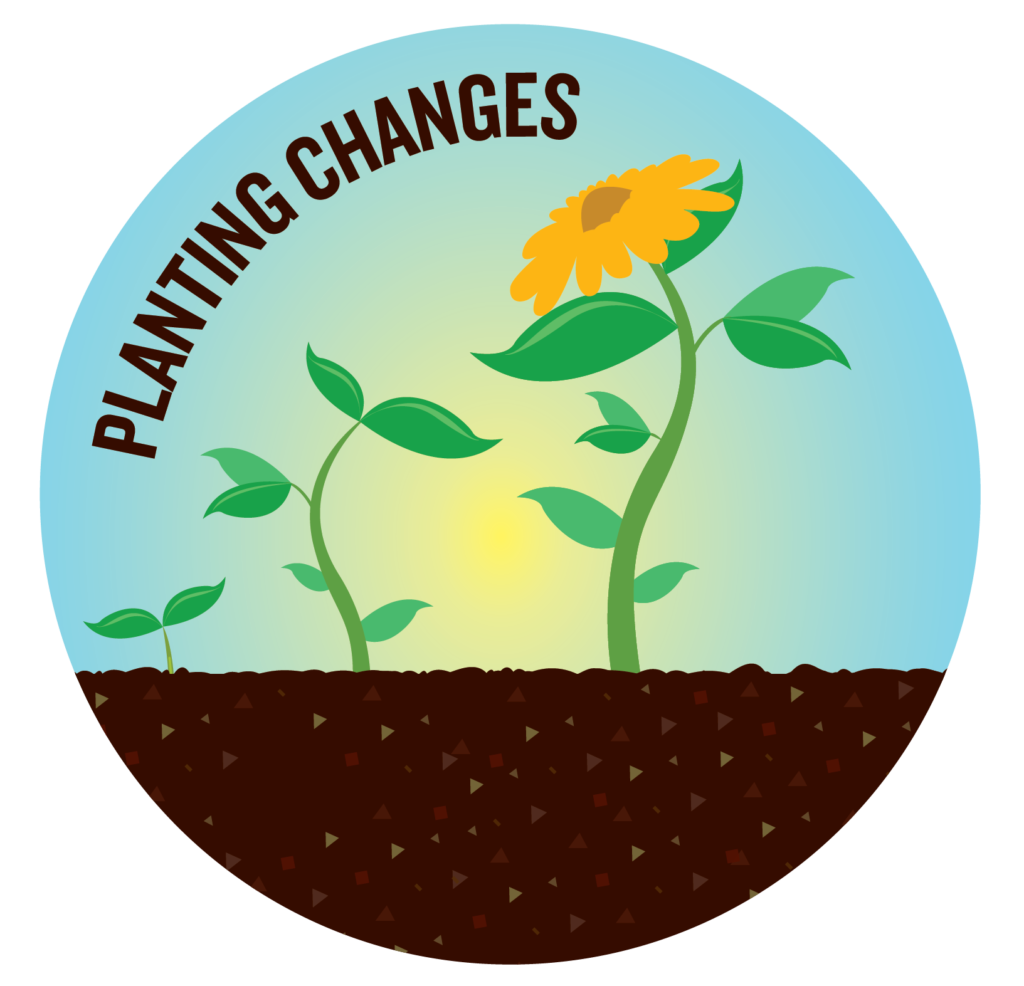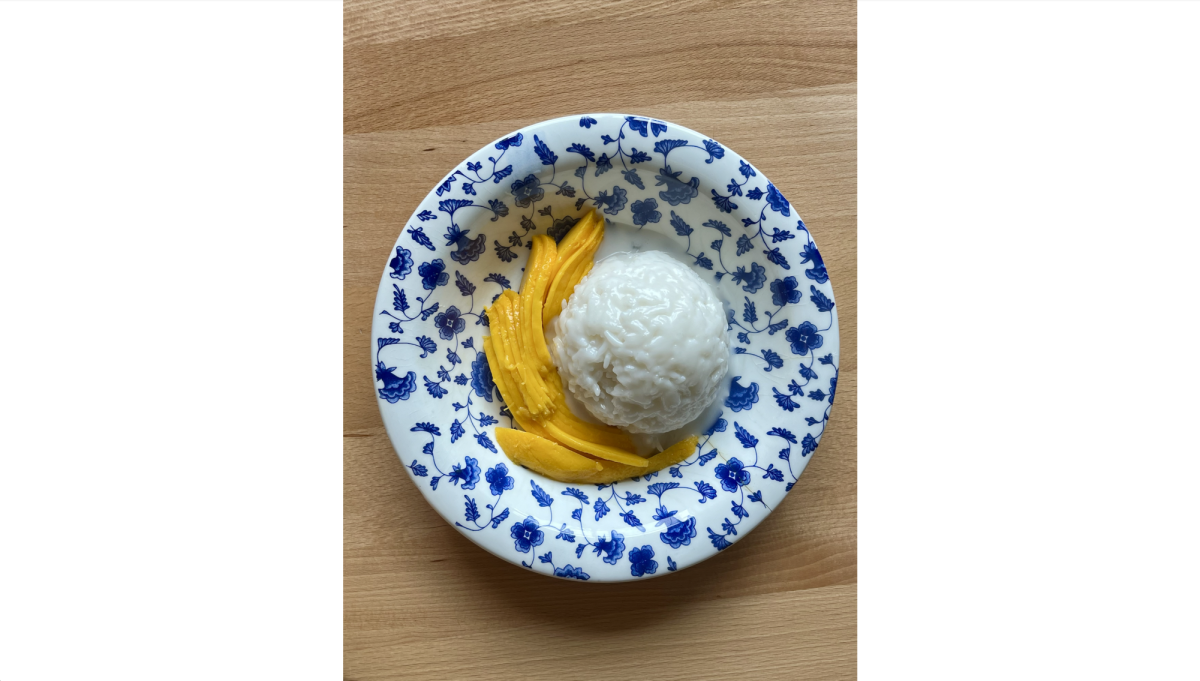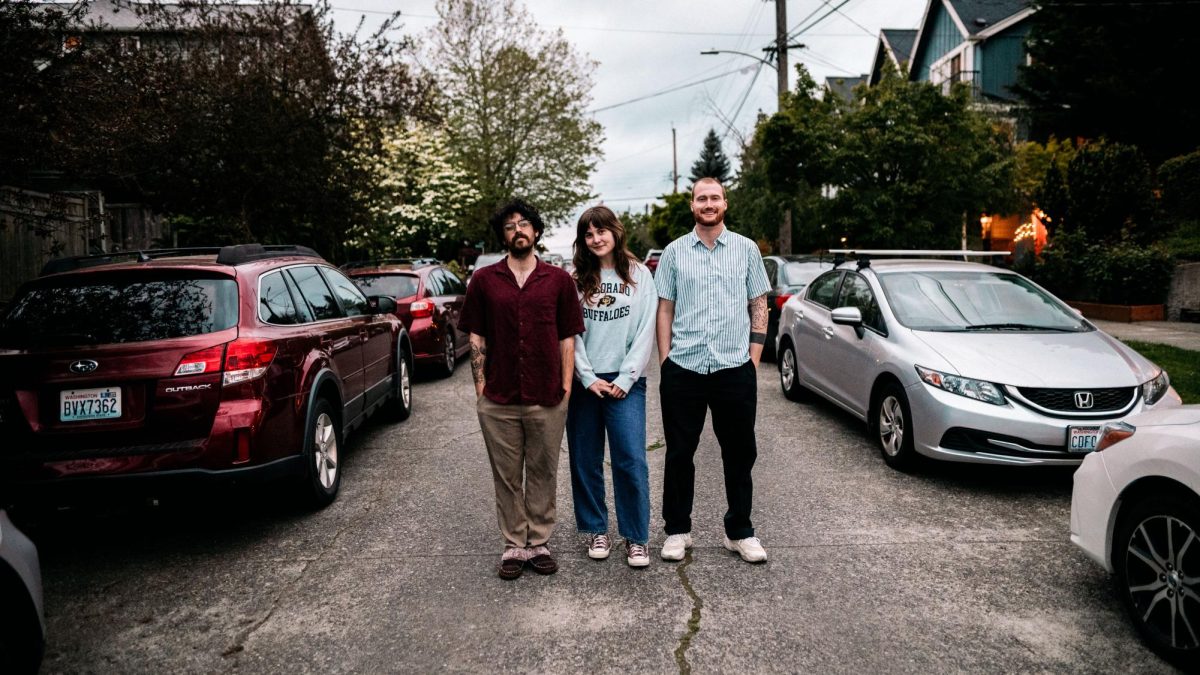Small Green Changes
There is still time to change the state of the world. It’s hard to remember this, considering the sorry state of our government and the dire consequences found in environmental impact reports. For instance, the U.S. Global Change Research Program’s report states that, unequivocally, humans have made the largest contribution to climate change. The damage is represented in rising sea levels, higher temperatures and an overall inconsistency to extreme weather occurrences that damage the lives of all living beings. These monumental shifts to the planet will impact everyone at all levels of their lives.
Bearing that in mind, there is still hope for the environment. It is hard to believe when humans contribute an overwhelming amount of waste despite the overall consensus that by doing so we are hurting the environment and ourselves. It is easy to become despondent upon reading such catastrophic data.
In order to preserve what is left of the environment, we need to start changing our habits and our ways of life. And, news flash—change will not happen at a policy level. People need to find the motivation for themselves to alter their lifestyle and help save the planet.
But it cannot be one person who decides to become vegan or someone who starts to remember to bring their reusable grocery bags on trips to the store. Every person must change a small aspect of their life—we all live on this Earth, we need to start taking care of it. There is no time to spend wasting being lazy or disinterested in environmental causes. If we do not do something to alter global warming, many of us will not live to see a day past 2040.
There are many ways that you can change your lifestyle and help the planet without going too extreme. You can change the way you buy produce, appreciate the nature around you or by buying and using reusable water bottles and coffee cups.
Let’s focus on coffee cups for a little bit. Most coffee shops (and all on campus) offer disposable paper cups to take coffee out in. These paper cups are difficult to recycle, and as of now, only one percent of them are actually recycled. Contrary to popular belief, a paper cup isn’t actually only made with paper (obviously, or else it wouldn’t hold up). To make a “paper” cup waterproof, it is fused with polyethylene. Think coffee cups aren’t that big of a deal? Look around you. See everyone with disposable coffee cups? Now think of all the college campuses in the country. The world. Everyday an average of seven million coffee cups are disposed of.
This is a lot of waste that can be completely avoided if we bought and remembered to use a metal or glass coffee cup. In particular, a glass cup will provide a positive environmental impact in as few as six uses. The Keepcup is a good example of a company trying to provide sustainable substitutions for daily items. In a respite from the doomsday language used up to this point, there is often a discount offered at coffee shops if you bring your own cup. With time, your reusable cup could pay for itself!
Acknowledging these simple lifestyle changes is the premise for this column.
Furthermore, all articles written after this will be centered around the basic beliefs that:
- More change will happen if everyone contributes a little rather than a small group of people doing a lot.
- We have two homes: our bodies and our planet. We cannot live without both of them, thus, it only makes sense to take care of our bodies—our life forces. Conveniently, by taking care of one body you will be helping the other!
- Shifting your lifestyle (in small, small) ways will be cheaper in the long run.
Contrary to the common belief that living green or with minimum waste is a costly feat, it isn’t and will actually save you money.
Each column will be centered by an overarching idea and will end with a small challenge. These challenges will be as simple as buying and using a coffee cup (shocker!) or as revolutionary as going meatless for an entire day.
The first challenge will be a simple one: start paying attention. When you’re standing in line at C Street cursing Chartwells, look around you. What type of purchases is everyone else making? Is their food packaged? Is there a reason for that, besides for convenience purposes? What type of waste is in your trash? Does it need to be thrown away, or can you find another purpose for the object? Can it be recycled or composted?
Just by noticing these small details, you will start to be aware of the tremendous amount of waste we make on a daily basis.
If you have suggestions for environmental column topics, please email me at [email protected]
The editor may be reached at
[email protected]












